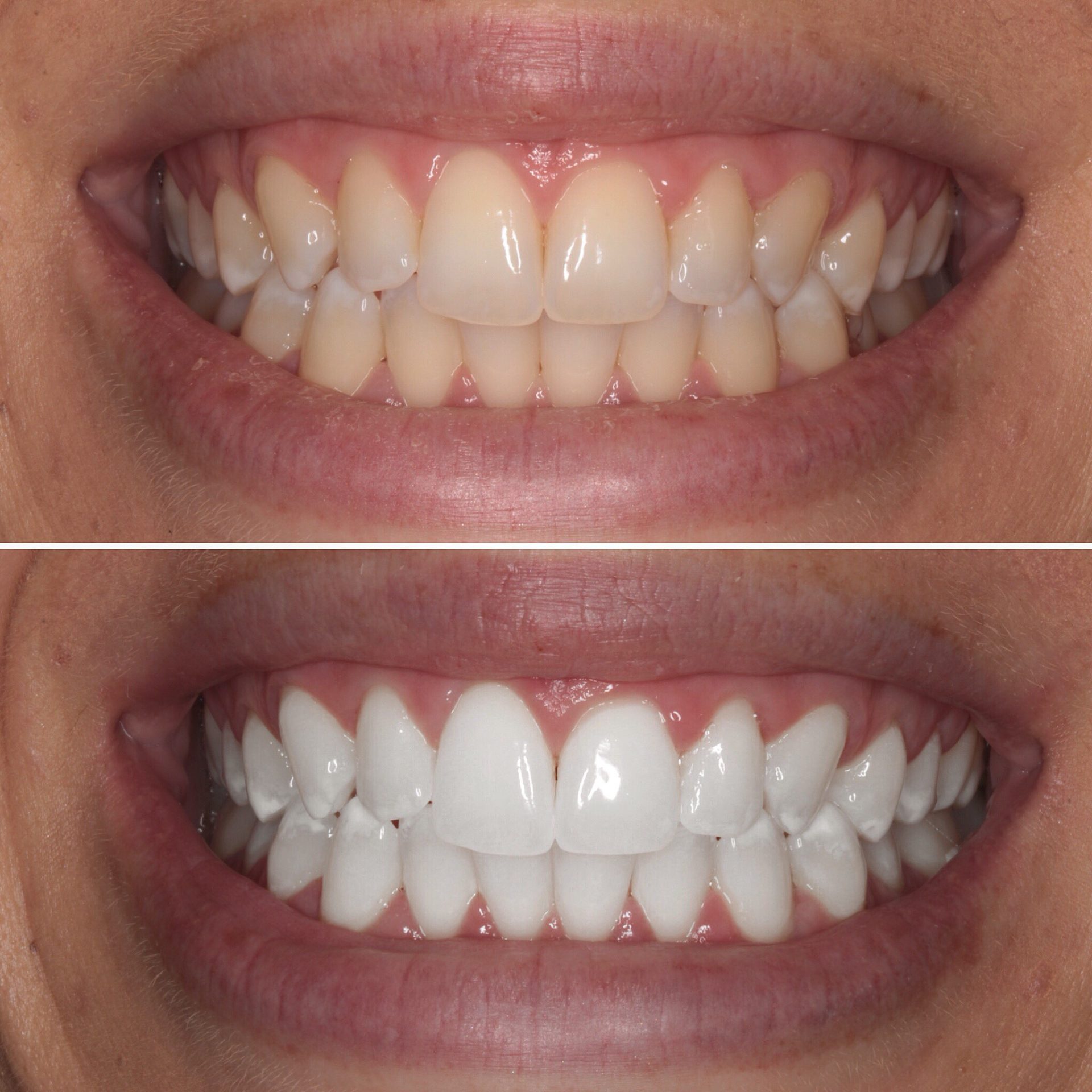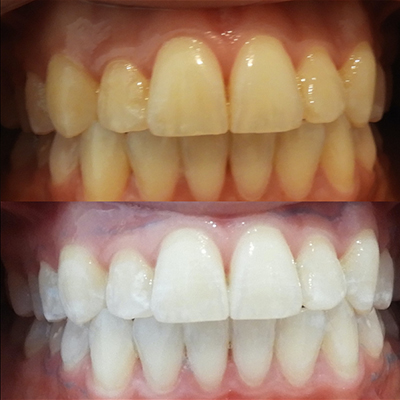What is a Teeth Whitening
Teeth whitening is a popular cosmetic dental procedure that aims to lighten the discoloration of your teeth. Over time, teeth can become stained by food, drinks like coffee or red wine, and even smoking.
Whitening treatments use bleaching agents, most commonly hydrogen peroxide or carbamide peroxide, to break down stain molecules within the tooth enamel.
The result? A brighter, whiter smile that can boost your confidence and overall appearance. There are various teeth whitening options available, including in-office professional treatments for faster results or at-home kits for a more gradual approach.

